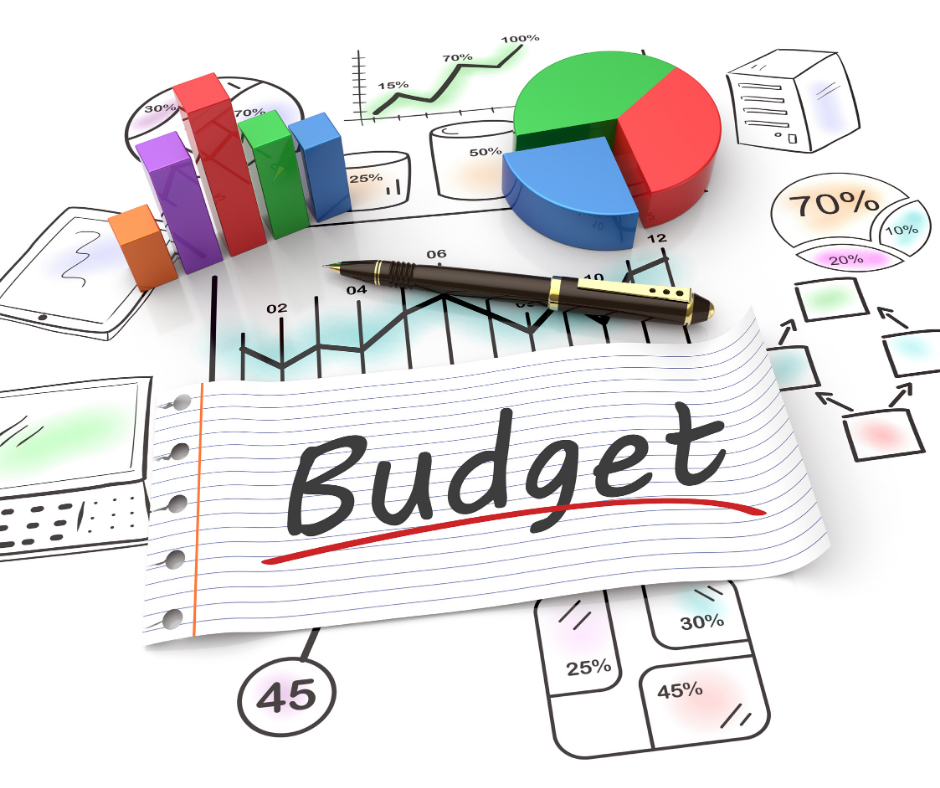Budgeting is an important aspect of managing your finances, but many people struggle with where to start. Whether you’re looking to save for a big purchase, pay off debt, or just improve your overall financial well-being, budgeting can be a powerful tool. Here are some steps you can follow to get started:
Assess your current financial situation.
Before you can start budgeting, you need to have a clear understanding of your income and expenses. Take some time to gather all of your financial information, including pay stubs, bank statements, and bills, and make a list of your monthly income and expenses.
Identify your goals.
What do you hope to achieve with your budget? Do you want to save for a down payment on a house, pay off debt, or just have more money available each month? Having clear, specific goals can help you stay motivated and on track as you work on your budget.
Make a list of necessities.
Necessities are the expenses that you can’t avoid, such as rent or mortgage payments, utilities, and food. Make sure to include these items in your budget first, as they should always be a priority.
Look for ways to cut expenses.
Once you’ve listed your necessities, look for ways to cut back on your other expenses. This could include things like cutting cable or eating out less often. Every little bit adds up, and finding ways to reduce your expenses can free up more money for other things.
Create a budget.
Now that you have an idea of your income and expenses, you can create a budget. A budget is simply a plan for how you’ll spend your money each month. There are many different methods for budgeting, but one common approach is to divide your expenses into categories, such as housing, transportation, and entertainment, and allocate a specific amount of money to each category.
Track your spending.
Once you have a budget in place, it’s important to track your spending to make sure you’re sticking to it. You can do this by writing down each purchase you make or using a budgeting app.
Adjust your budget as needed.
Life is unpredictable, and your expenses may change from month to month. Don’t be afraid to adjust your budget if you need to. The important thing is to be flexible and make changes as needed to stay on track.
Make a plan for irregular expenses.
Irregular expenses, such as annual insurance premiums or holiday gifts, can be difficult to budget for. To handle these expenses, consider setting aside money each month in a separate account so that you’ll have enough saved up when the time comes.
Consider using technology to help.
There are many budgeting apps available that can make the process of budgeting easier and more convenient. Some apps even allow you to connect your bank account and automatically categorize your expenses for you. Try a few different apps to see which one works best for you.
Review your budget regularly.
Finally, make sure to review your budget regularly to see how you’re doing and make any necessary adjustments. It’s also a good idea to periodically reassess your goals and make changes to your budget as needed.
Budgeting takes time and effort, but it can be a powerful tool for improving your financial situation. By following these steps, you’ll be on your way to creating a budget that works for you and helps you achieve your financial goals. In conclusion, budgeting is a vital part of managing your finances, and it can be a bit overwhelming to get started. However, by taking it one step at a time, you’ll soon be well on your way to creating a budget that works for you. Good luck!



